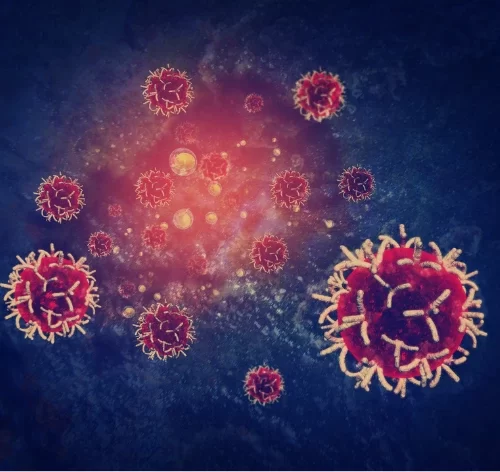A syngeneic tumor model combines a complete, functioning immune system with an engrafted tumor derived from a genetically identical mouse strain. The development of cancer immunotherapies has been aided by the widespread use of murine syngeneic tumor models in cancer research during the past few decades. These tumor models are quite basic cancer models, but recent reports have, however, indicated that the different inoculated cancer cell lines can lead to the formation of unique tumor microenvironments (TMEs).
Understanding the cellular and molecular makeup of the TME in the various models is crucial for drawing further conclusions from research based on syngeneic tumor models. Antineo
provides a wide variety of syngeneic mice models that have well-characterized responses to genetic assessment (e.g., RNA-seq), immunological profiling using flow cytometry, and
known immune checkpoint inhibitors (e.g., anti-PDL-1, anti-PD-1).
Our models benefit from a comprehensive understanding of their molecular profiles and are fully described cell models based on historical data. We have examined the immune
infiltration phenotype and responsiveness to standard of care (SOC) therapies in over 20 tumor cell lines.
Models from the collection include common cancer types, including liver, prostate,
melanoma, colon, and pancreatic cancer.

 Antineo
Antineo Preclinical services
Preclinical services Tumour models
Tumour models Our Strengths
Our Strengths News & Events
News & Events
